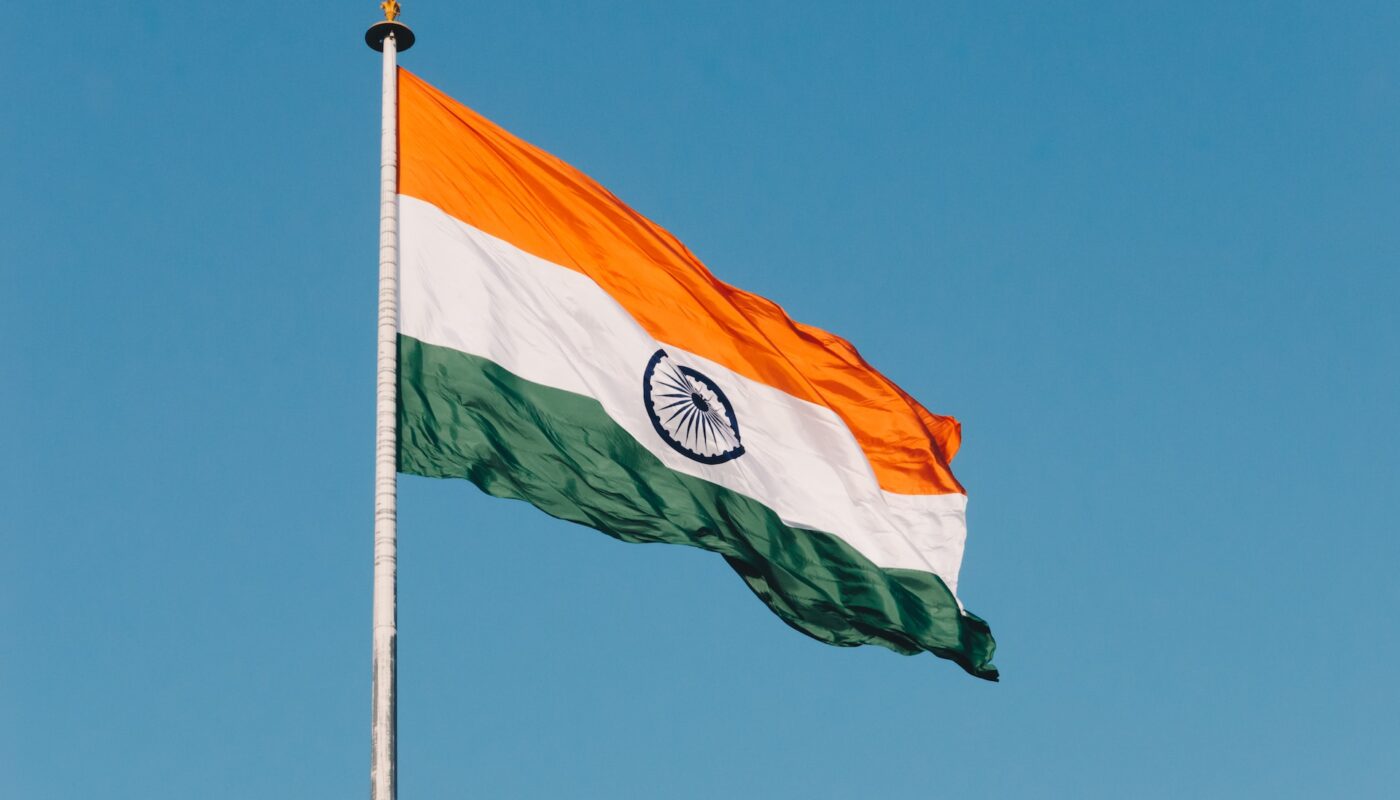Have you ever stopped to ponder the importance of a country’s name? Consider this: if you had a glass of water, would the name of the glass change the nature of the water inside it? What truly matters is whether the glass is full or empty, clean, or broken.
For those living within its borders, whether the country is referred to as India, Bharat, Hindustan, or Hind might not be of paramount importance.
Putting in tremendous energy to rename the country might not lead to significant change. Some argue that a name change could help reconnect the nation to its roots. However, this is an optimistic view. The effort and energy invested in such debates might be better used for more tangible improvements.
Take China as an example. In English, it’s “China,” in Hindi, it’s “Chin,” and in its own language, it’s called something entirely different. Yet, what stands out is the Chinese people’s strong connection to their native language and culture. So much so, that they aren’t overly concerned about how their nation is referred to in English. They have their own rich linguistic tapestry which is central to their education, communication, and identity.
India’s challenge is somewhat different. Many Indians have drifted away from regional languages, often taking pride in this linguistic shift. This distance from native languages like Hindi has, in some ways, amplified the importance of how the nation is addressed in English. If our education, communication, and official documents were primarily in Hindi, the English name might not be as crucial, similar to countries like China or Germany.
In today’s world, reactions often overshadow reflection. Ideas, even if they’re challenging or disruptive, are readily accepted without deep contemplation. This has led to a more reactive, rather than reflective, society. In simpler terms, our emotional resilience is waning, and the depth of character seems fleeting.
